By: Dr. Elizabeth Eggert
Tooth discoloration can be an embarrassing situation that often leaves people feeling self-conscious and trying to stifle their smiles. Discoloration can be categorized as extrinsic or affecting only the surface of the tooth, intrinsic or affecting the inside of the tooth or age-related – discoloration that occurs as enamel wears away over time. Tooth discoloration can appear yellow, brown, grey, white, black or purple, depending on the cause. Let’s take a look at some culprits of tooth discoloration, how to remedy it and how it can be prevented.
Causes of tooth discoloration
There are several causes of tooth discoloration. A few of them include:
Foods: Highly pigmented foods such as tomato-based sauces, chocolate, berries and beets can cause yellow or brown discoloration.
Beverages: Beverages that contain tannins, such as coffee, tea and red wine can cause a yellow, brown or purple tinge.
Tobacco products: Cigarettes, cigars and chewing tobacco can result in brown or dark yellow teeth.
Aging: Tooth enamel wears away over time, exposing the inner layer of the tooth (called dentin) and leaves behind a yellow appearance.
Antibiotics: Tetracycline stains the enamel of unerupted teeth, resulting in a banded grey or brown appearance.
Injury: Blood flow can be cut off to a tooth, causing it to turn grey.
Teeth whitening
There are a couple of options when it comes to teeth-whitening.
Over-the-counter whitening: Options include whitening strips and toothpaste/mouthwash. These whitening options are thought to be affordable, however, results are subtle as teeth only whiten an average of 2 shades. Over-the-counter whitening strips can also result in significant tooth sensitivity. These methods are best used in combination with another professional whitening method.
Professional whitening: At Eggert Family Dentistry, we offer four whitening optinos – KöR Whitening Deep Bleaching, Zoom Whitening, at-home trays with Opalescence bleach, and Opalescence Go!:
-
-
-
- With the KöR Whitening Deep Bleaching method, oxygen from the gel is absorbed into the tooth, produces little or no sensitivity and can whiten teeth up to 16 shades!
- Zoom Whitening is performed in a single two-hour appointment and can lighten teeth anywhere from 4-10 shades. Follow-up care includes sensitivity management and whitening trays.
- Dr. Elizabeth and Dr. Jeff Eggert also offer professional, at-home bleaching trays that use carbamide peroxide bleach, a much more stable and higher concentration bleach than what is typically found in OTC hydrogen peroxide options.
- Opalescence Go! is similar to some over-the-counter products, but at a higher concentration than most options and comes with a convenient tray and strip application process, helping to better address the nooks and crannies.
-
-
Prevention
While not all teeth stains can be avoided, bruising and flossing after eating foods notorious for staining teeth can keep the pigment from attaching itself to the tooth. As a general rule, daily brushing, flossing and mouthwash help combat stains. Also, according to BMC Public Health, “Twenty-eight percent of smokers reported having moderate and severe levels of tooth discoloration compared to 15% in non-smokers.” Clearly, limiting or eliminating the use of tobacco products is another powerful step in warding off tooth discoloration.
Eggert Family Dentistry wants to help you keep your teeth pearly white! If you need to schedule a recare visit or would like to discuss teeth whitening options with us, give us a call at 651.482.8412.
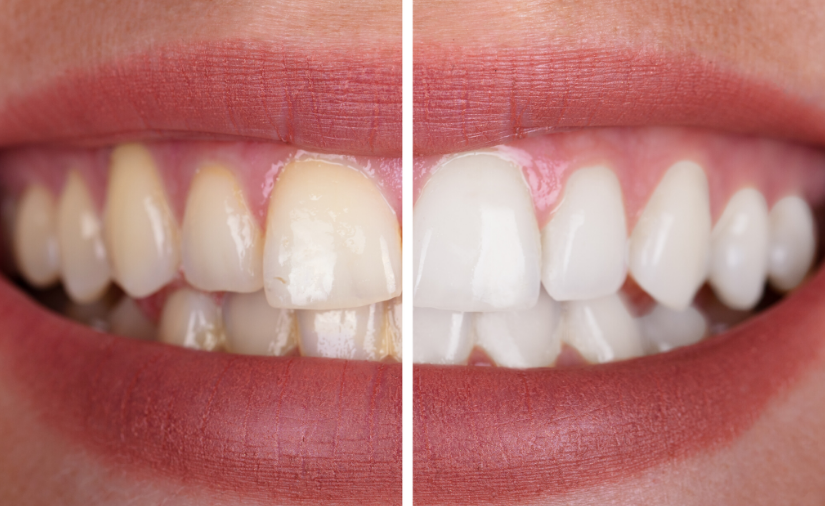

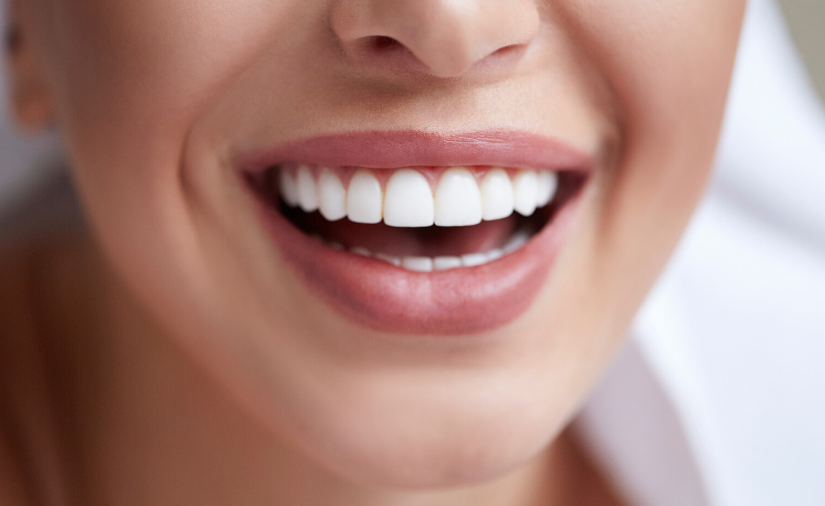
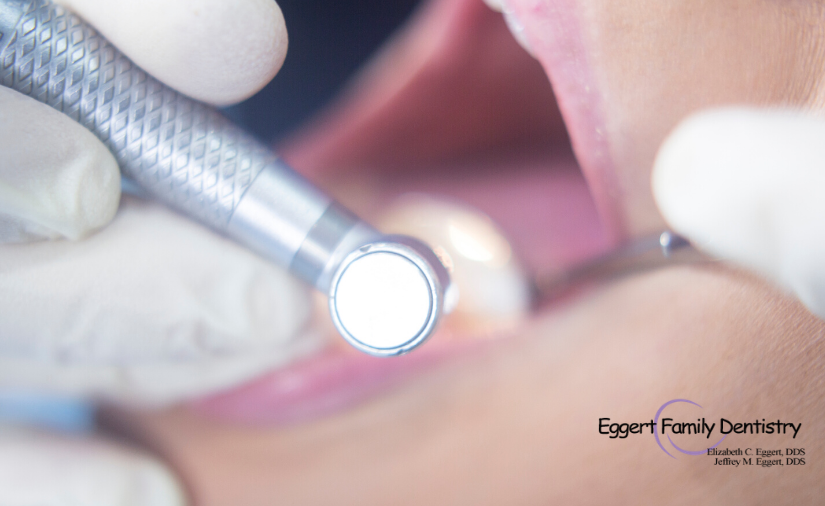




 Sleep apnea
Sleep apnea If a patient comes into our office with jaw pain, Dr. Elizabeth or Dr. Jeff evaluate many things, including the patient’s teeth and jaw. Because sinus problems can be a contributing factor to teeth and jaw discomfort, if their examination is inconclusive, Dr. Elizabeth or Dr. Jeff will refer our patient to an ENT for further evaluation.
If a patient comes into our office with jaw pain, Dr. Elizabeth or Dr. Jeff evaluate many things, including the patient’s teeth and jaw. Because sinus problems can be a contributing factor to teeth and jaw discomfort, if their examination is inconclusive, Dr. Elizabeth or Dr. Jeff will refer our patient to an ENT for further evaluation. Another common cause of jaw pain is a disorder of the temporomandibular joint (TMJ). At Eggert Family Dentistry, we most commonly treat
Another common cause of jaw pain is a disorder of the temporomandibular joint (TMJ). At Eggert Family Dentistry, we most commonly treat 
 Medications: Over 400 commonly prescribed medications list “dry mouth” as a possible side effect
Medications: Over 400 commonly prescribed medications list “dry mouth” as a possible side effect Burning sensation in the mouth
Burning sensation in the mouth


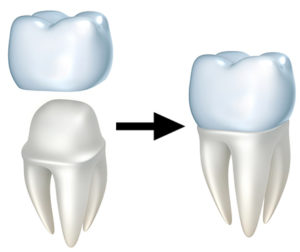 What are crowns?
What are crowns? Because the entire tooth is covered, the tooth is less likely to fully fracture or split than with other restorations like veneers or fillings. Porcelain crowns can look and feel good and can be color-matched to blend with your natural teeth. Crowns generally feel very natural.
Because the entire tooth is covered, the tooth is less likely to fully fracture or split than with other restorations like veneers or fillings. Porcelain crowns can look and feel good and can be color-matched to blend with your natural teeth. Crowns generally feel very natural.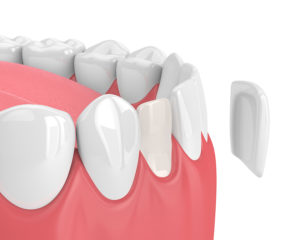 What are veneers?
What are veneers?